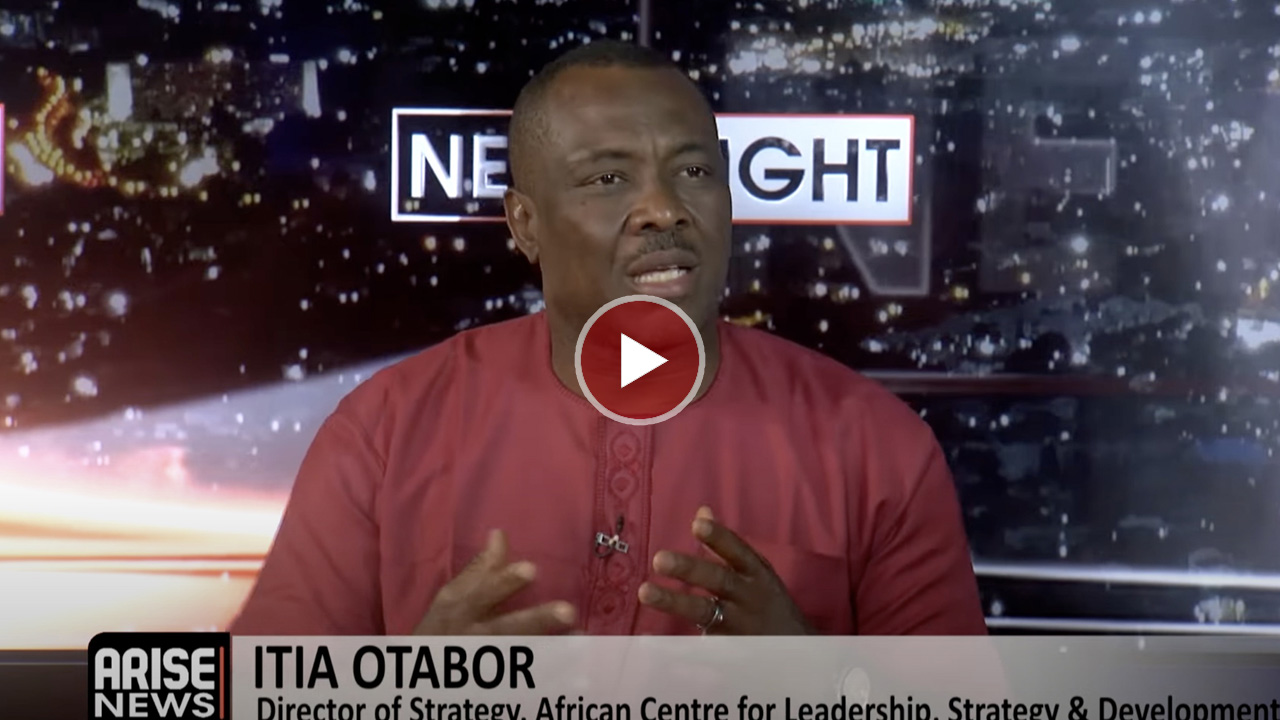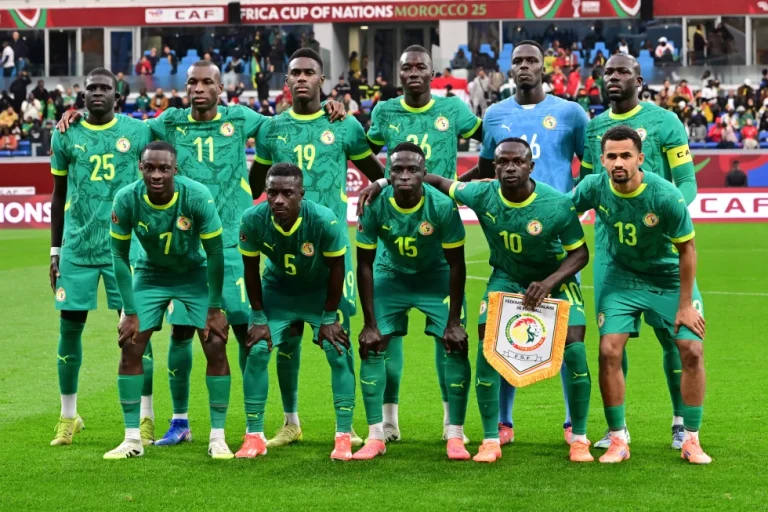

Director of Strategy at the African Centre for Leadership, Strategy and Development, Itia Otabo, says the proposed electoral reforms, including the plan to conclude all election litigations before the swearing-in of elected officials — will not place any pressure on the Independent National Electoral Commission (INEC).
Speaking on ARISE News on Tuesday, Otabo described the proposal as “not new” but a long-standing recommendation that will help strengthen Nigeria’s electoral process.
“I don’t think there’s any pressure on INEC. The idea that all litigations should be concluded before a person is sworn into office has always been on the table,” he said.
“It’s meant to ensure that governance doesn’t continue under uncertain waters and to prevent incumbents from having undue advantage while litigation is ongoing.”
Otabo explained that bringing the general elections forward by six months — as proposed to allow time for the resolution of electoral disputes — would not disrupt INEC’s planning.
“If this law is passed expeditiously, there’s enough time for INEC to plan. The major challenge for INEC has always been funding, not time. Once the timeline is clear, everyone will work within it,” he said.
On the proposed reduction of election tribunal timelines from 180 days to 90 days, Otabo said it was achievable if treated as part of a broader and synchronized electoral reform package.
“This initiative must be seen within the wider context of electoral reform. It’s not just about cutting tribunal time. All pre-election cases must also be dealt with before the election. Once timelines are clearly stated for the judiciary, political parties, and INEC, and synchronized into law, it becomes very doable,” he noted.
He emphasised the need for the National Assembly to act swiftly in passing the new Electoral Act to avoid the recurring problem of enacting key laws too close to election periods.
“One of the reasons we’ve always had issues is that electoral laws are often passed too close to elections. If the National Assembly can pass this well ahead of time, it will enhance credibility and planning,” Otabo said.
On other proposed reforms such as mandatory electronic transmission of results, early voting for essential workers, and stiffer penalties for electoral malpractices, Otabo expressed strong support, saying these measures were long overdue.
“All these issues — electronic transmission, early voting, and penalties — have been on the table for years. The issue of early voting, for instance, is crucial because nearly two million people are disenfranchised every election due to their duty schedules. It’s time to deal with that,” he said.
He insisted that once the reforms are codified into law, compliance will follow.
“If it’s made a law, everyone will comply. I believe that once you put it into law, Nigerians will work towards ensuring it succeeds,” Otabo affirmed.
Expressing optimism about the reform process, Otabo said Nigeria was on the right track towards improving electoral credibility if the proposals were treated comprehensively and enacted on time.
“All these reforms must work together — not in isolation. If we approach it holistically, the result will be a better, more credible electoral system,” he concluded.
Boluwatife Enome



